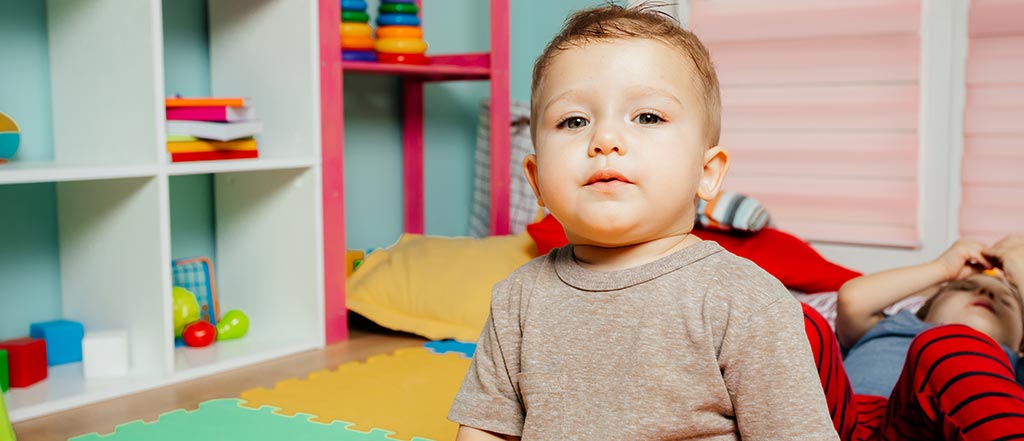The importance of a homelike atmosphere and child-centred activities are central to this care.
Home Child Care
Home Child Care, sometimes known as Family Child Care, offers a viable option to families through the provision of safe, reliable, high quality care for children. It can involve using an entire home; at other times, only part of a home is used.


The unique characteristics of the physical environment in Family Child Care:
- Physical space – home setting, neighbourhood/community involvement
- Caregiver consistency throughout day
- Prevalence of mixed-age groups
- Intensity and duration of provider/parent relationship
Unique aspects of quality Home Child Care:
- It looks and acts like a home
- Purposeful use of home and local neighbourhood as learning opportunities
- Purposeful use of the mixed-age group as a learning opportunity
- Provider is parenting role model and source of support and information for families
- Provider successfully addresses the challenges of the work situation

HOME CHILD CARE Articles

Risky Play
Watch the free replay now! Learn strategies in this webinar from outdoor play experts to help think through the risks and benefits involved in outdoor play. Gain confidence in your ability to navigate risky play in your programs.

Take the Child Care Checklist: How Healthy & Sustainable Are You?
Everyday actions like choosing safer cleaning products & toys to composting programs — can help a child care program create healthier spaces for children and staff. Take the checklist today!

Download the Plan: Providing Healthy Sustainable Child Care Environments
Our sector and child care and early learning stakeholders have created a vision to ensure that all children in Canada have the opportunity to thrive in child care settings that are healthy and sustainable. Download the plan.

Free Event: Providing Healthy Sustainable Child Care Environments
Join the CCCF & CPCHE for a free webinar on providing healthy sustainable child care environments. This webinar will focus on indoor air quality and how to stay healthy during the COVID-19 pandemic.

RETHINKING NAPTIME: CCCF WEBINAR
Join expert sleep researchers in rethinking naptime. We will cover sleep basics, the benefits of naps, the signs children are ready to stop napping, and the benefits of ending naps.
Home Child Care Training Materials
So you want to care for other people’s children in your home?
Download this free e-book to find out what’s involved and where to start.
Level One
The Family Child Care Training Program: Level one
Purchase Through e-storeLevel Two
The Family Child Care Training Program: Level two
Purchase Through e-storeLevel Three
The Family Child Care Training Program: Level Three
Purchase Through e-storeTrain-the-Trainer Guide
Train-the-Trainer Guide
Purchase Through e-storeHere are some Additional Resources About Home Child Care
1. Building Partnerships with Families
Children feel more secure in their child care setting when they see their family members and their child care practitioner in a respectful relationship. Download the copy here.
2. Preventative Steps When Caring for Children in Your Home
Caregivers who try these preventative steps are less likely to leave themselves open to accusations of child abuse.
Download the copy here.









